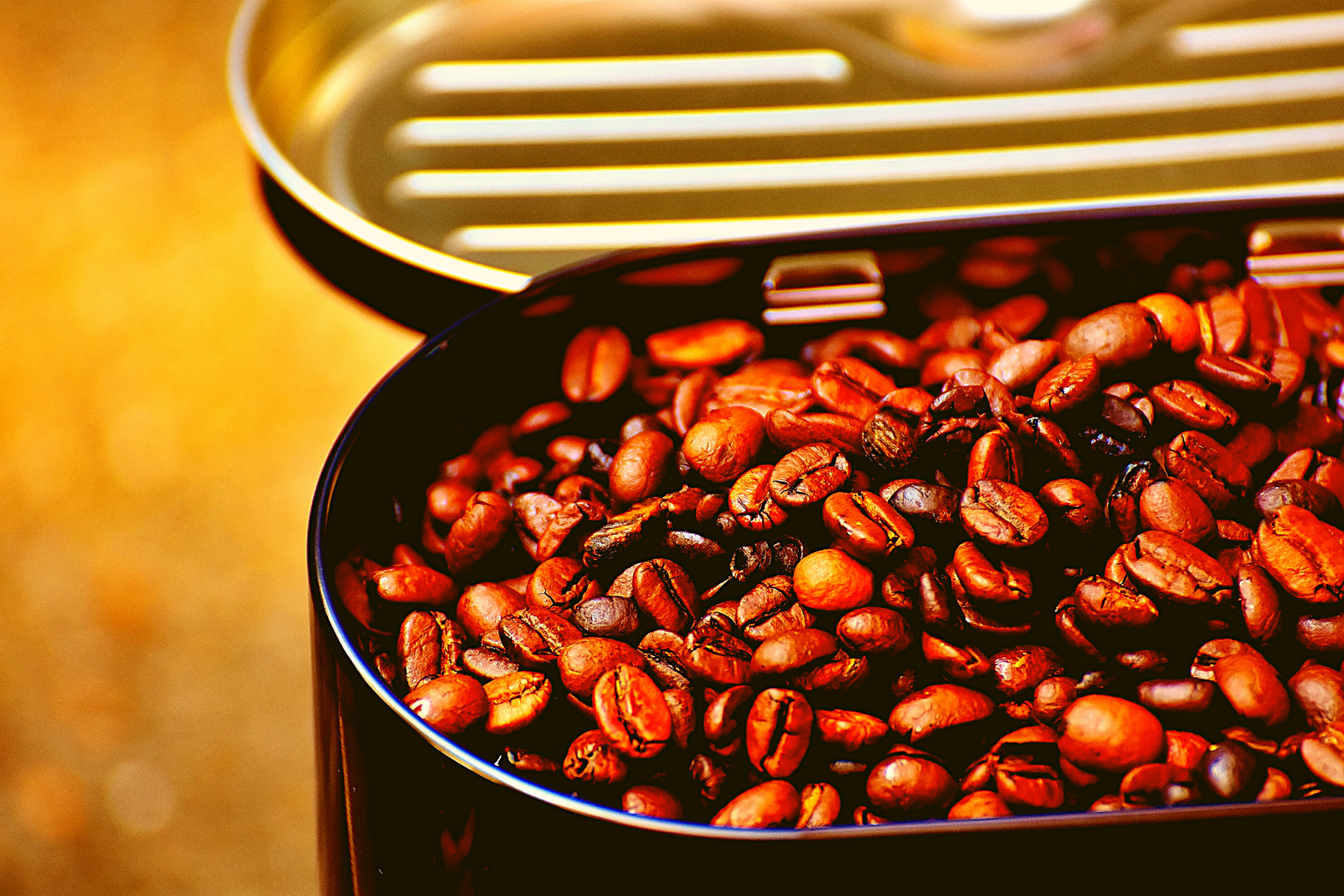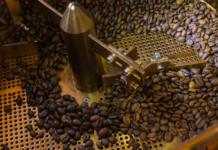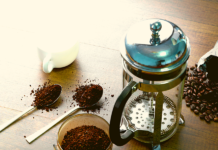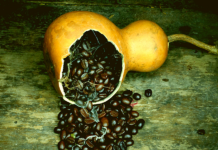Contents
Coffee is an organic compound, making it a living part of nature, and with that comes the inevitability of impermanence. Scientifically speaking; coffee beans don’t “go bad.” They do, however, get stale and lose their oils, which will have noticeable effects on the flavor, scent, appearance, and even the biological properties of the berries.
That doesn’t necessarily mean you have anything to fear. Stale coffee beans pose no risk other than poorly flavored coffee and a sub-par morning experience. What you should be concerned about is whether or not the coffee beans have been contaminated with moisture, which could lead to fungal and bacterial growth!
So how long do coffee beans last? The “best by” date is commonly dated to exactly a year post-production. This is expected shelf life, however, and is not factoring whether the seal is broken, or whether preservation steps have been taken.
There are a few important factors to take into consideration before jumping to any conclusions about whether or not you should toss out that bean reserve.
Read More:
- Best Ground Coffees: All You Need To Know
- Best Coffee For Cold Brew
- Best Coffee On Amazon
- Best Bizzy Organic Coffee
- Best K Cup Coffees
- Best Coffee Liqueur
- Best Kona Coffees
- Best Dominican Coffees In 2023
- Best Cuban Coffees
- Best Dunkin Donuts Coffees
How Long Do Coffee Beans Last?
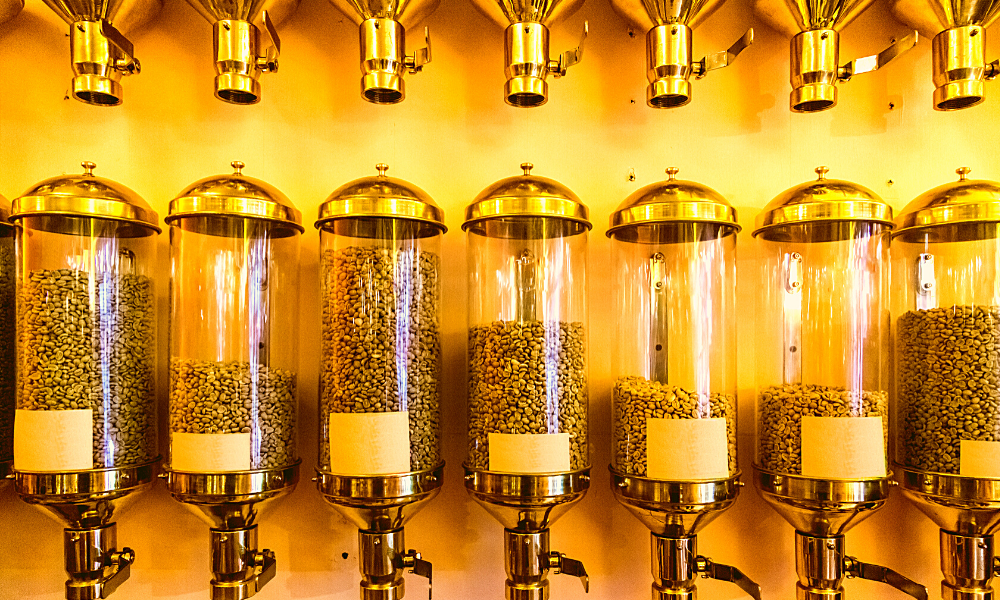

Just as with any other plant or animal life, certain known environmental factors influence the longevity of coffee beans. They also happen to be very common catalysts for the breakdown of organic materials.
Contrary to what many people think, time does not affect the aging process for any organic life. It is the environment that produces the effects we consider to be “aging.”These environmental factors are numerous, but for coffee beans specifically, they are:
Can Coffee Go Bad? Factors To Consider
One thing that you should know is that these can’t really go bad really, but instead they will lose the freshness, aroma, and taste. This would mean that if you are using them you aren’t going to get the full flavor that you normally would or it might taste off to you.
It is vital that you are aware of this so that you can make sure that you are using them before their expiration date or that you are buying smaller quantities at once.
Oxidation– The most common catalyst for the expiration process of any organic compound! Oxygen molecules bond with most other molecular structures; many of which comprise the very building blocks for life.
When they are introduced to influencing stimuli (I.e, evaporation, light, moving air) that either draw out the oxygen or other bonded molecule, this causes a breakdown of the material that this band was a part of. Ultimately, this results in a degradation of the organic compound; your coffee bean, in this case.
Moisture– Coffee beans naturally exude oils that are endogenous to their biology. This is safe for them, and actually, it’s part of what keeps them fresh and gives them their flavor profile. However, water is not remotely safe for a roasted coffee bean. Even condensation can be a fatal enemy to your bean reserve. How long do coffee beans last when wet? A few days at best, before they are no longer suitable for ingestion.
This is partly because of the process mentioned above regarding oxidation, but also because moisture is the foundation of bacterial and fungal colonization. A drop of water can be a deadly breeding ground for all sorts of nasty things if given a small amount of nutrition; which for organisms like that, coffee is an abundant source of nutrients.
Heat– Accelerates the degradation process of all “deceased” plant matter. It’s wise to designate a storage area that is not near any source of heat. Including any sources of vibrant temperatures that exceed 65°f.
Light– Not just ultraviolet rays but any light at all, including the incandescent bulb in your refrigerator!
Read More:
- Best Ground Coffees: All You Need To Know
- Best Coffee For Cold Brew
- Best Coffee On Amazon
- Best Bizzy Organic Coffee
- Best K Cup Coffees
- Best Coffee Liqueur
- Best Kona Coffees
- Best Dominican Coffees In 2023
- Best Cuban Coffees
- Best Dunkin Donuts Coffees
Avoiding These Catalysts
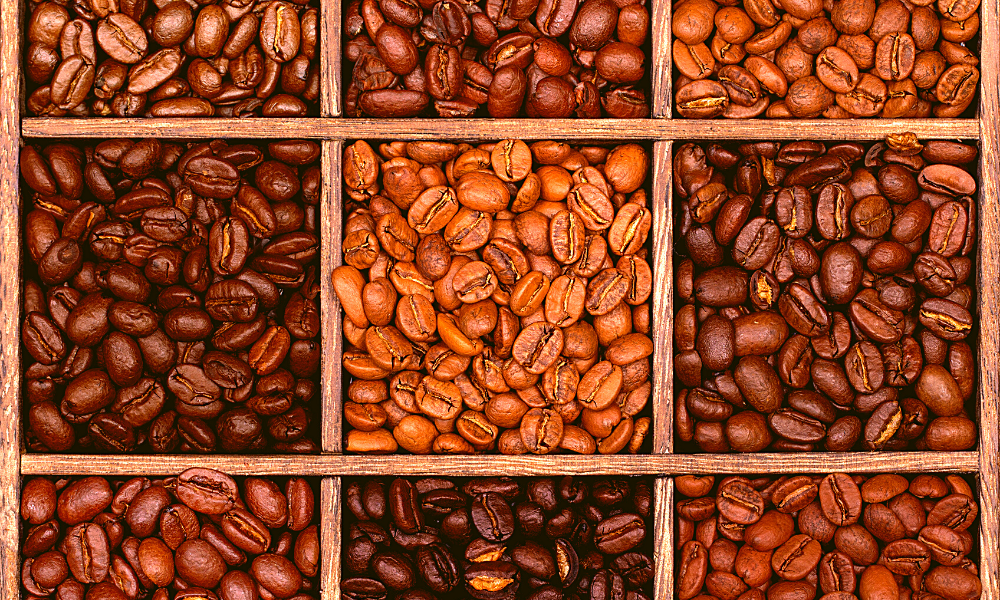

If you’re frightened about the degree of difficulty that goes into protecting your coffee beans from all of these factors, rest assured, it’s much simpler than it seems to keep your roast as fresh as possible. One vital component to ensuring your coffee stays as fresh as possible for as long as possible will be the container in which you store it.
Ground coffee containers such as any given name brand at the grocery store, are filled with nitrogen before being sealed and shipped to market. This is a popular food manufacturing technique for preserving freshness and is the reason for 1/3 of emptiness in your potato chip bag. Once oxygen is reintroduced, the clock starts ticking!
Unfortunately, not everyone has extra nitrogen on hand at any given moment and it’s unlikely you’ll be borrowing a cup from the neighbor. Still, you shouldn’t have to search too hard to find a suitable container.
As long as you can verify that the container you choose has an air-tight seal, then you’ve already taken the two largest factors (oxygen and moisture) out of the equation! All you have to account for after that will be heat and light, which can both be mitigated with a wise choice of where to place your container.
Some choose the freezer, which at a glance, seems like a great idea! Until you realize that coffee is a sponge. It is perforated and softer than you’d think, which allows for foreign smells and other bacteria to settle in; making your coffee taste less-than-desirable. Freezers also contribute to humidity, which we already know is a bad thing.
Generally, the most popular and effective place would be in a pantry or cupboard away from any sinks and away from any stoves or ovens. Treat the container as you would a fine bottle of wine and you will have your fresh beans for as long as humanly possible!
How long do coffee beans last when stored optimally? It’s not unrealistic to expect a few years of freshness if stored properly and rarely exposed to the aforementioned factors.
Buy/Consume Ratio
This is an important detail, because if you buy ten pounds of fresh beans but only consume a single cup of coffee every three days, then naturally you’re going to end up with some pretty stale product. Fundamentally, it’s better to be realistic about your consumption, rather than attempt to stock up and end up losing most of your investment. Simply put, the easiest way to avoid expiring coffee beans is to buy less!
However, if you’ve already taken the leap and purchased far more coffee than any one person should own at one time, then this next part should help you save at least some of your reserves!
Ideally, you want to keep your beans intact until the moment you are about to brew them. This is because grinding the beans will immediately accelerate the oxidation process. Kind of how an apple turns brown only a short time after being sliced into parts. You would never pre-slice all of your apples, would you?
If you choose to keep some of your coffee grounds up for convenience, then keep a secondary air-tight container near your brewing area for these grounds. The bulk of your reserve should be in the primary container in a pantry or cupboard far away from heat, moisture, and light!
Rancid Beans?
As previously mentioned, coffee does have a susceptibility to molds and bacterium, especially when it becomes wet. There’s one crucial detail to note here; coffee doesn’t spoil. Not in the same way that milk or fruit does. Rather, it loses its appealing properties and becomes stale, sort of like a peanut or a corn chip.
This makes the taste, smell, and sometimes even the appearance of the berries lose their luster. They may retain a wrinkled look after losing a significant amount of their oil, which in turn causes the tannin levels to decrease, thereby erasing the true flavor of the roast.
Still, it is not by definition “rotted” or “spoiled.” It only becomes perilous to consume once the fungal spores and bacterium begin to colonize the body of the berries. If you notice a sour smell coming from your container when opening it, check it closely for signs of mold and other foreign occurrences.
Look for fur-like fuzz on the surface of the beans. It could be any color but typically will appear as a grey-white covering. This is rhizome colonization, which is the beginning of a mold. Other obvious signs of dangerously infested beans might include puddling of moisture, drastic color change to the berries, or berries that appear more burned than roasted.
If any of these signs are present, it is best to toss that batch and buy it new. Be sure to sterilize your container before storing any more beans in it!
“Can The Mold Hurt Me?”
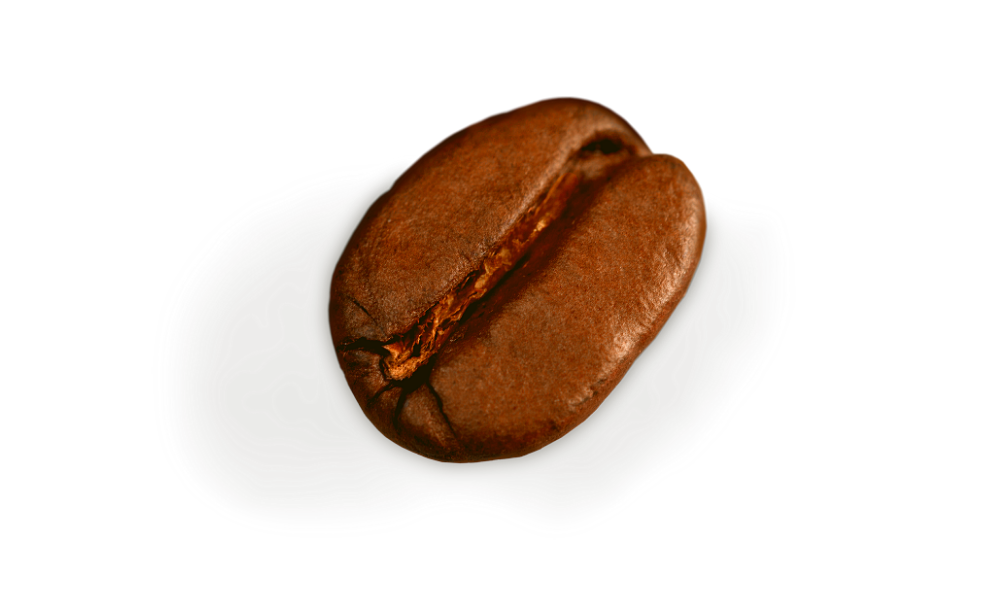

This is a good chance to address another common misconception! All coffee beans do inherently have “mycotoxins” in and on them. Mycotoxins are essentially the waste products of fungi. They are metabolites that occur when a fungus does its job correctly. They are dangerous to humans… in large concentrations. In your coffee beans, they are nowhere near a concentration that may pose a risk.
You can buy coffee that is “mycotoxin free,” but it’s pricey and professional coffee cuppers (quality control/taste testers) agree that these special blends are not as flavorful as their all-natural counterpart.
Read More:
- Best Manual Coffee Grinders
- 10 Best Automatic Pour Over Coffee Maker
- Best French Press Coffee Makers
- Best 4 Cup Coffee Makers
- Best Electric Coffee Grinders
- Making Coffee Camping: The Ultimate Guide To Camp Coffee
- Best Keurig Coffee Makers
- Best Nespresso Espresso Machines
- 10 Best Under Cabinet Coffee Makers
- 10 Best Coffee Maker with Grinder Reviews
The Rundown
To recap and summarize; can coffee beans go bad?… It depends on your definition of “bad,” but generally speaking, no. They can, however, lose their better qualities and become stale, which to an enthusiast coffee drinker, may be considered bad. You can still safely ingest stale coffee, but it may exhibit sub-par qualities.
Quick tips for keeping your coffee beans fresh are: Never buy more than you plan to use for a designated time! Always keep your coffee beans in an air-tight container (preferably not glass), and away from heat, light, and moisture.
As long as you keep all of this in mind, you should never run into a stale bean, so the next time you ask “How long do coffee beans last?” It will be because you’ve been waiting for yours to go stale!

